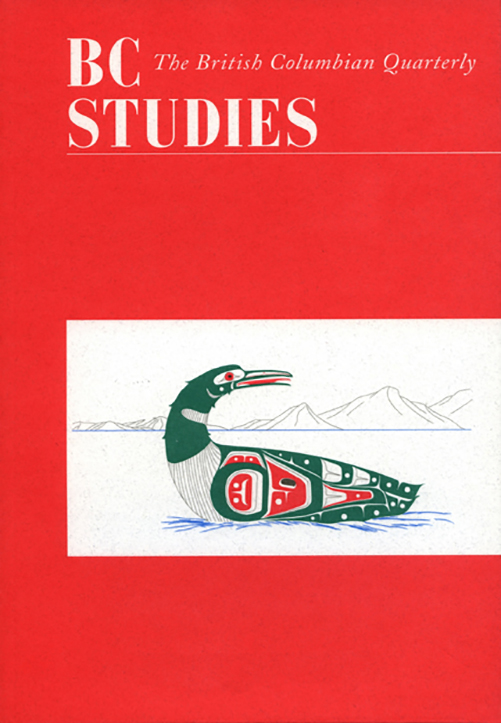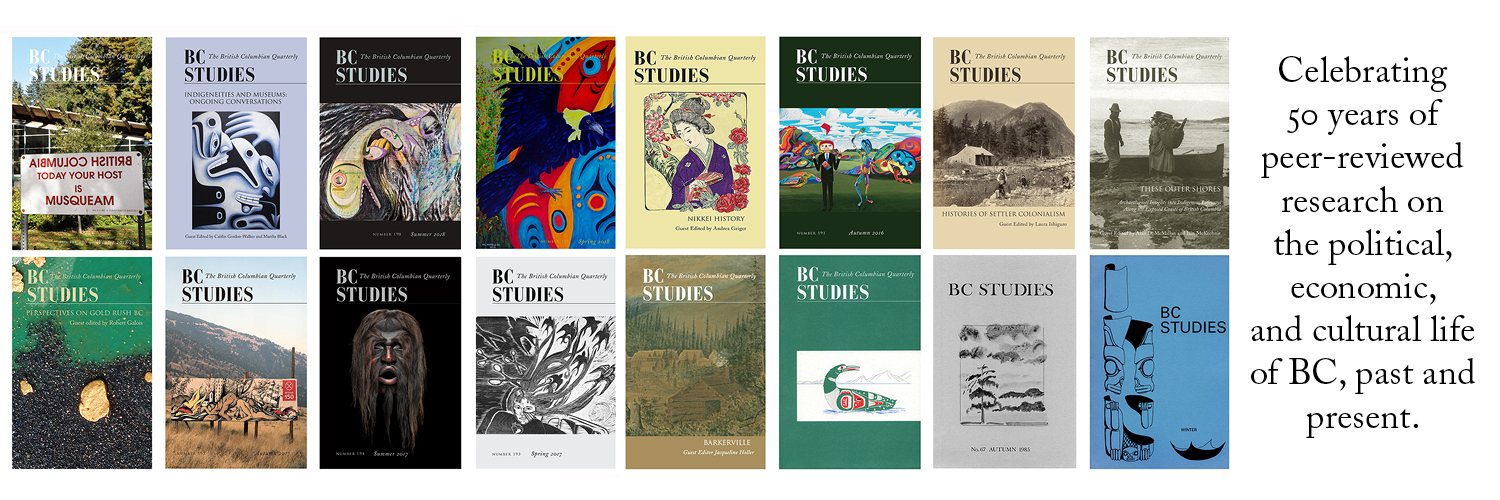From Imbroglio to Pig War: The San Juan Island Dispute, 1853-1871, in History and Memory.
DOI:
https://doi.org/10.14288/bcs.v0i186.184381Keywords:
Pig War, Colonialism, San Juan Island Dispute, Haro Strait, boundaries, historiographyAbstract
Historical events are framed by the actors of the time and then re-framed by subsequent historians and the public. This article surveys the historiography of the San Juan Island Dispute, 1853-1871, known colloquially in the twentieth century as the “Pig War.” In 1859, after an American settler on San Juan shot a pig owned by the Hudson’s Bay Company, the American military and the Royal Navy met in a tense stand-off resulting in a twelve year joint-military occupation of the island. This conflict was the last border dispute between Great Britain and the United States. With documents from the dispute, such as colonial despatches, official correspondence and newspaper editorials, this article considers how the event was originally framed and then examines how the “war” was re-framed over the next century. Following World War II, a message of peace became the dominant trope of histories written about the “Pig War.” The term itself has come to represent this overarching theme which continues in the twenty-first century as part of a more inclusive history of San Juan Island.



